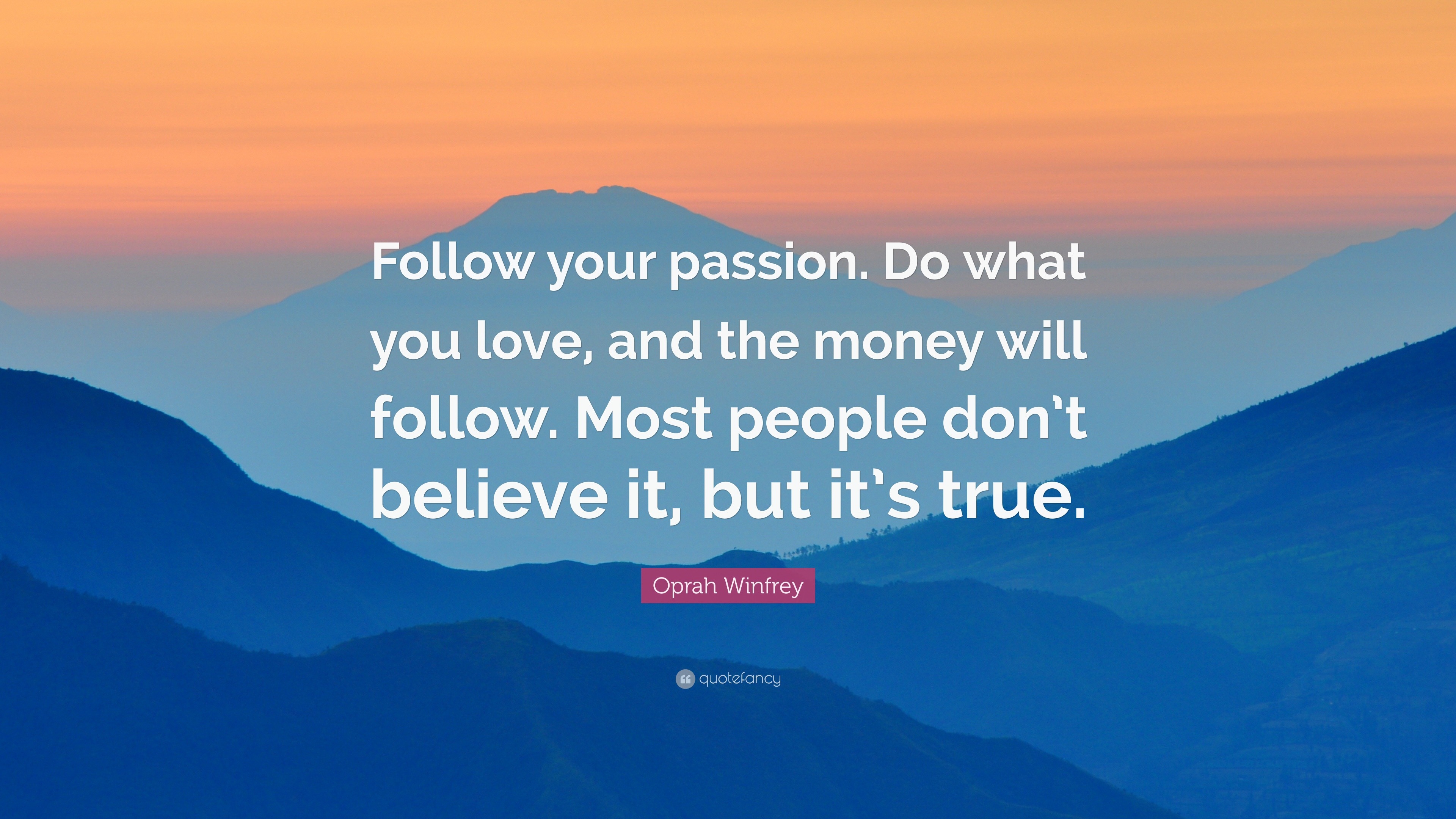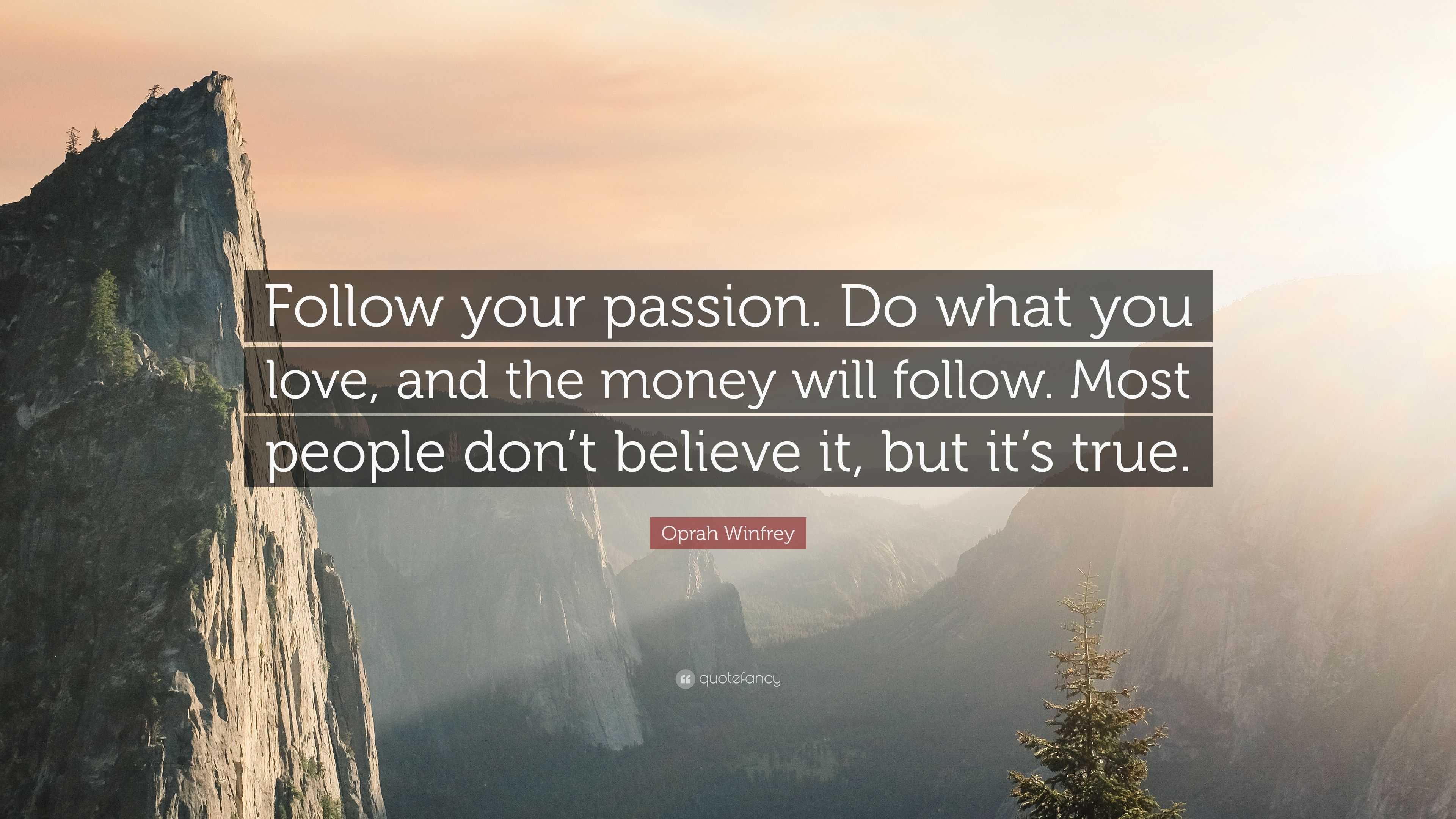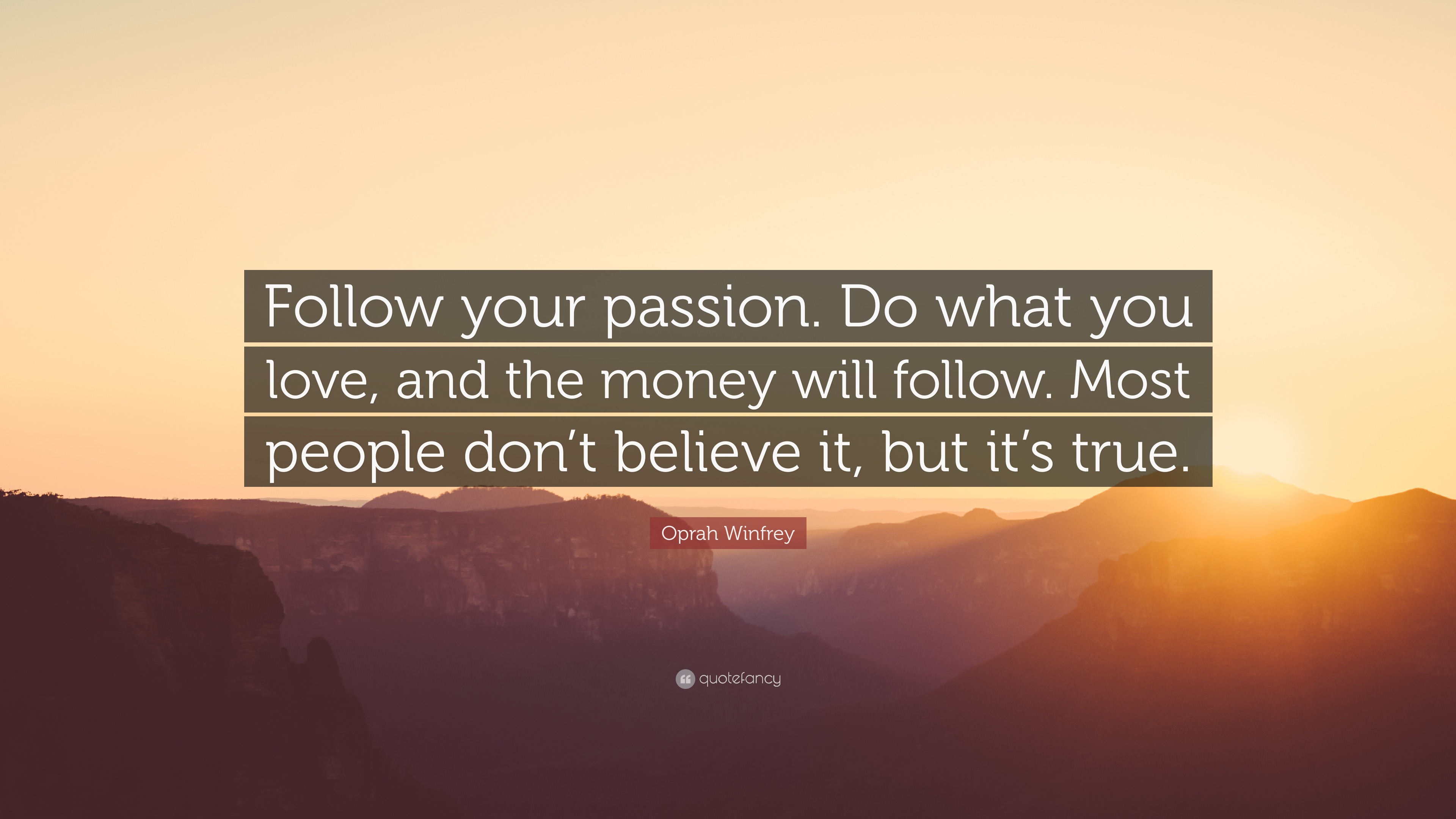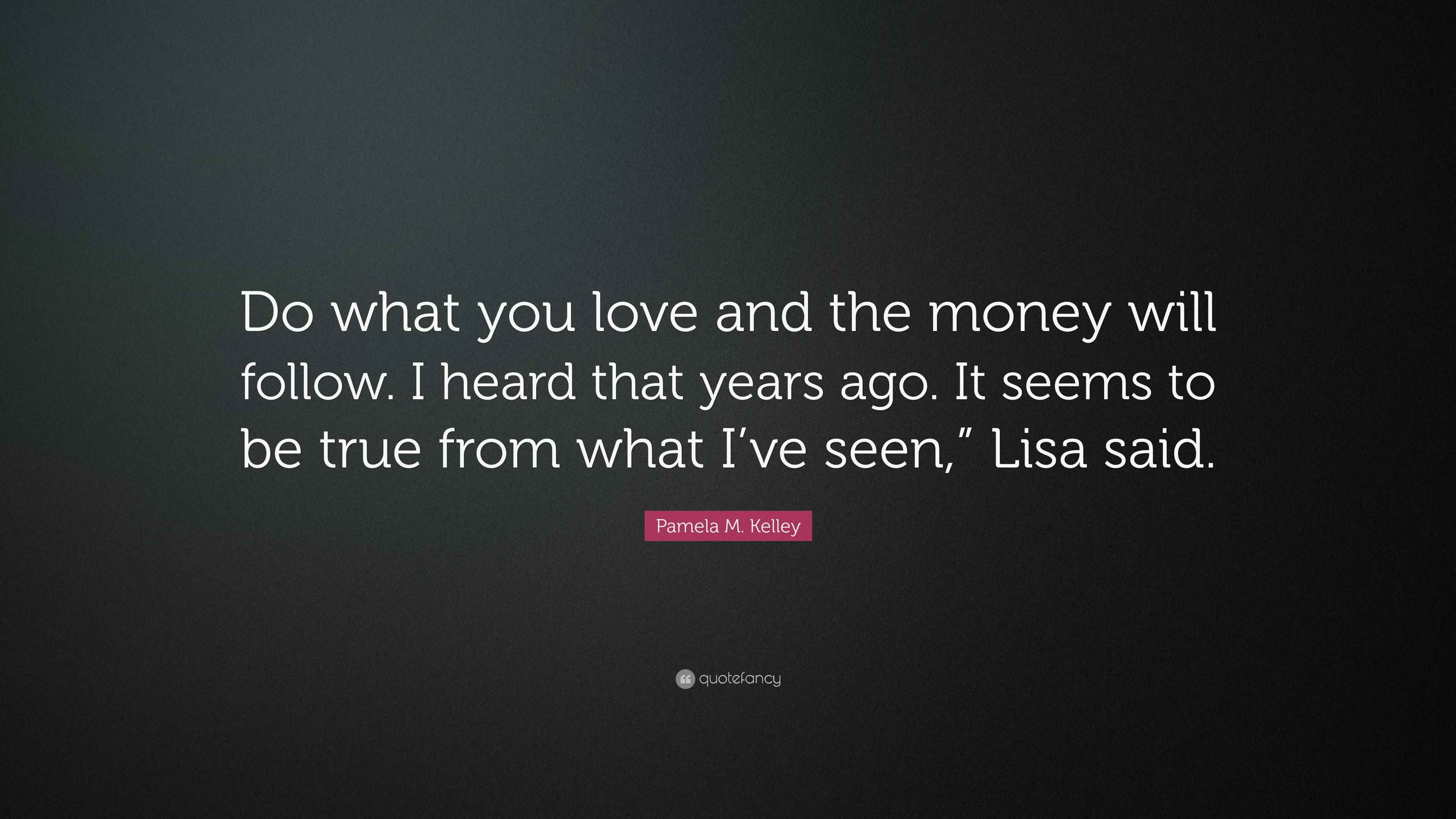Do What You Love And Money Will Follow

The age-old adage, "Do what you love, and the money will follow," is facing a harsh reality check as economic pressures mount and career paths become increasingly precarious. While passion projects and dream jobs remain alluring, the data paints a stark picture of financial instability for many who pursue this philosophy without careful planning.
The Myth vs. The Reality
For generations, aspiring creatives and professionals have been encouraged to chase their passions, believing financial success would naturally follow. But is this guidance still relevant in today's complex economic landscape? The answer, increasingly, appears to be no.
A recent study by The Economic Policy Institute reveals a widening gap between passion-driven career choices and financial security.
Specifically, the report indicates that individuals who prioritize personal fulfillment over financial gain often experience lower starting salaries and slower career advancement.
Data Speaks Volumes
Data collected from Glassdoor and LinkedIn shows that industries often associated with "passion" – such as arts, non-profits, and environmental work – consistently offer lower median salaries compared to fields like technology, finance, and healthcare.
Furthermore, competition for these roles is fierce, driving down wages and increasing job insecurity.
For example, the median salary for a graphic designer is approximately $50,000 per year, while a software engineer can earn upwards of $120,000 annually, according to Bureau of Labor Statistics data.
The Rise of Side Hustles and Second Jobs
Faced with economic realities, many individuals pursuing passion-based careers are forced to supplement their income through side hustles and second jobs.
A survey by Bankrate found that nearly 40% of Americans have a side hustle, with many citing financial necessity as the primary driver.
This underscores the need for a more balanced approach that considers both personal fulfillment and financial stability.
Expert Opinions
Dr. Anya Sharma, a career counselor and author of "The Passion Paradox," argues that the "do what you love" mantra needs a serious update.
"While passion is important, it's crucial to have a realistic understanding of the job market and the financial implications of your choices," Sharma states.
She advocates for a more strategic approach that involves assessing market demand, developing marketable skills, and carefully considering financial needs before making career decisions.
Michael Davis, a financial advisor, emphasizes the importance of budgeting and financial planning for those pursuing passion-driven careers.
"Creating a solid financial foundation is essential, regardless of your chosen career path," Davis advises.
"This includes setting realistic financial goals, managing debt, and building an emergency fund."
Looking Ahead
The narrative surrounding career choices is shifting. A more pragmatic approach is emerging, one that acknowledges the importance of both personal fulfillment and financial security.
Future job seekers are encouraged to research job market trends and financial resources.
Developing a well-thought-out plan that balances passion with practical considerations remains the key to long-term success.


















